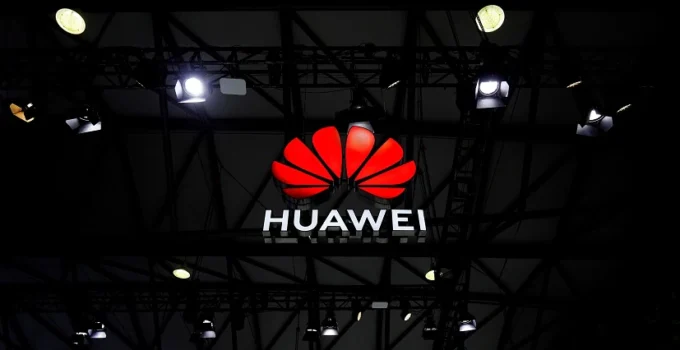US Expands Sanctions on Huawei, Impacting Intel and Qualcomm Collaborations. In a significant escalation of the ongoing technology trade tensions, the United States Department of Commerce has recently taken a bold step by prohibiting major American tech firms, including Intel and Qualcomm, from engaging with Chinese tech giant Huawei. This decision, as reported by the Financial Times, underscores the Biden administration’s firm stance on national security concerns associated with Chinese technological advancements.
The Leap from iPad Pro M2 to M4
Background and Implications for American Companies
Interestingly, the impact of this decision on American companies such as Intel and Qualcomm is anticipated to be minimal. Huawei has not been a major customer for these companies in recent years, primarily due to the tightening of previous restrictions under the Trump administration. However, the symbolic weight of this decision cannot be underestimated, reflecting a clear message to the global tech industry about the United States’ vigilance on technology transfer issues.
Huawei’s Advancements Despite Sanctions
The trigger for this recent action appears to be Huawei’s continued progress in developing its own advanced semiconductor technologies. Despite stringent sanctions and restrictions, Huawei launched the Mate 60 Pro smartphone last year, equipped with its own flagship chip. This development has notably raised eyebrows in Washington, indicating that the existing measures have not fully curtailed Huawei’s tech capabilities as intended.
Consequences for Huawei
For Huawei, the implications of this new ban could be severe. The company’s ability to produce high-end laptops and smartphones may face significant challenges without access to key components and technologies from Intel and Qualcomm. This could stymie their ability to compete on the global stage, particularly in markets that are sensitive to security and supply chain origins.
Global Reactions and Concerns
The decision has also stirred apprehension among US allies, who are increasingly concerned about the broader implications of stringent technology export controls. There is a growing apprehension that such policies, while aimed at safeguarding national security, could stifle global innovation and cooperation in the tech sector.
Huawei’s Response
Huawei has consistently denied any allegations of legal wrongdoing, maintaining that its operations comply with the laws of the countries in which it conducts business. The company has often portrayed itself as a victim of geopolitical conflicts, arguing that the restrictions are unjust and motivated by factors beyond mere security concerns.
Strategic Considerations for the US
The US government’s decision is part of a broader strategy to contain the technological ascent of China, with Huawei being a focal point due to its prominence in global telecommunications and its perceived closeness to the Chinese government. This move is indicative of the ongoing reevaluation of US policy tools to address these challenges.
Technological Sovereignty and the Global Supply Chain
The implications of this policy extend beyond bilateral tensions and touch on the issue of technological sovereignty. Nations are increasingly seeking to secure their supply chains and reduce dependencies on foreign tech, which could lead to greater fragmentation of global tech standards and ecosystems.
Impact on the Semiconductor Industry
The semiconductor industry, vital for a multitude of technologies from smartphones to cars and critical infrastructure, finds itself at the heart of global trade and security policies. Companies within this industry must navigate a complex landscape of export controls, sanctions, and international competition.
Future Prospects
Looking ahead, the technology sector must brace for a landscape where geopolitical considerations weigh heavily on business and operational strategies. Companies will need to enhance their compliance measures and possibly rethink their supply chains to adapt to this new reality.
The Role of Innovation
Innovation within the tech industry may also be impacted. With restrictions on collaboration and technology transfer, companies might need to accelerate their own R&D efforts or seek new partnerships within allowed legal frameworks.
Conclusion
As tensions continue to escalate between the US and China over technology and trade, the global tech landscape is set for a period of significant adjustment. The focus will increasingly be on how companies and countries navigate these choppy waters while maintaining the pace of innovation and cooperation necessary for global technological advancement. The unfolding scenario will likely redefine international tech relationships for years to come, underscoring the intricate link between national security and global technology leadership.



